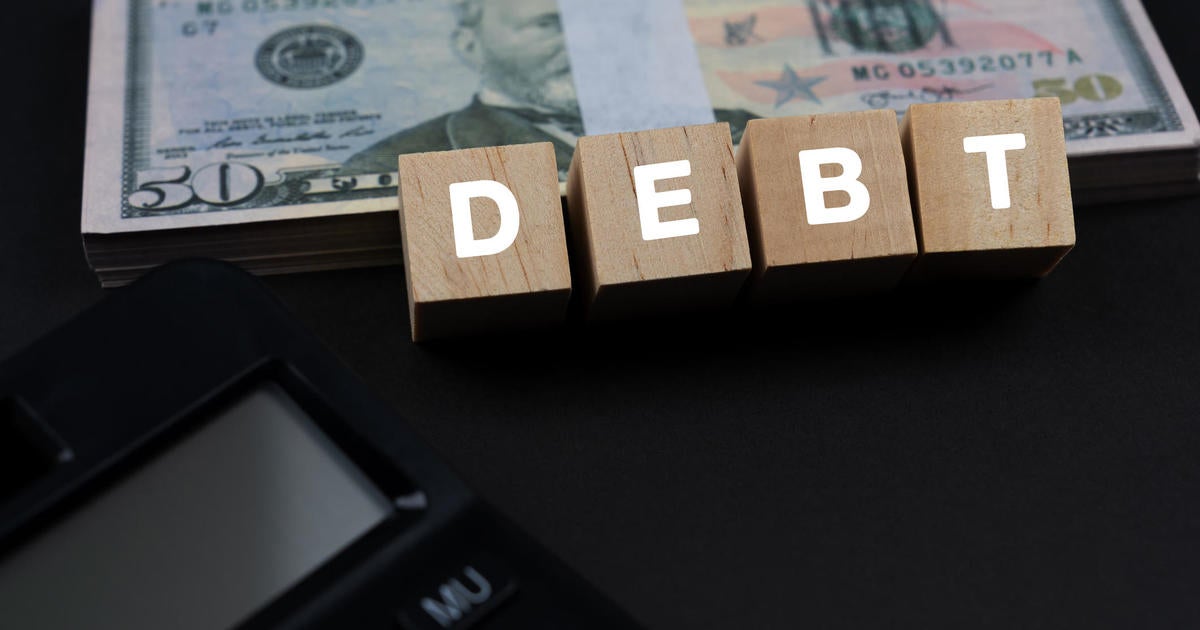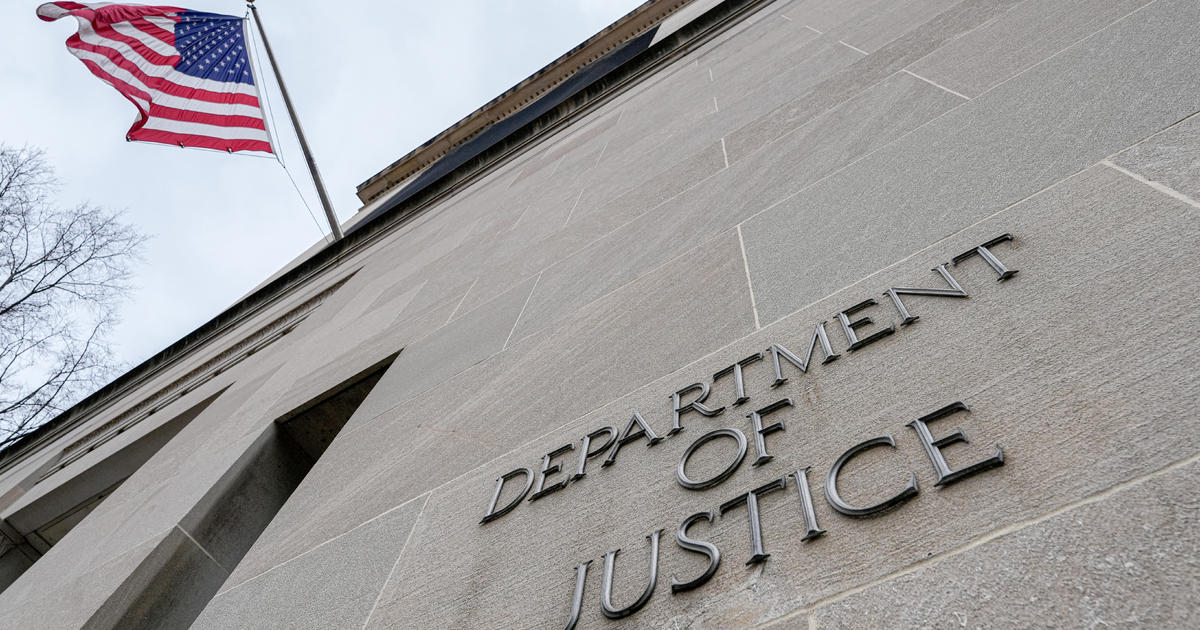We may receive commissions from some links to products on this page. Promotions are subject to availability and retailer terms.

Getty Images
Every year, millions of Americans are contacted by debt collectors over old debts — and the debt collection process tends to be similar whether it’s a lingering medical bill, delinquent credit card debt, late loan payments or something else entirely. It starts with phone calls and letters, but over time, debt collectors’ tactics can escalate to lawsuits and wage garnishments, all of which can take a big toll on your finances.
But while the debt collection process may be similar, the validity of the debts being collected on can vary. After all, debt buyers tend to purchase delinquent accounts in bulk, sometimes for pennies on the dollar. At that point, the paperwork transferring ownership of your debt may have passed through multiple companies, leading to errors in the amount owed, the payment history or even who owns the debt. So, your name and information may be tied to accounts that you aren’t responsible for.
If you’re facing this situation, you may wonder if you have any rights or options to challenge the validity of the debt. So can you dispute a debt that has been sold to a debt collector — and if so, how does that process work?
Work with a debt relief company today to get rid of your old debt.
Can you dispute a debt that was sold to a debt collector?
Yes, you can dispute any debt that’s been sold to a debt collector. The Fair Debt Collection Practices Act (FDCPA) grants you the right to request verification of the debt and dispute it if you believe there are errors or discrepancies — and it’s often a smart move to do so.
When a debt is sold to a collection agency, the new owner of the debt must provide proof that the debt is valid if you request it. Debt collectors are required to send you a written notice, often called a “validation notice,” within five days of their first contact with you. This notice should include details such as the amount owed, the name of the original creditor and your rights to dispute the debt within 30 days.
But why dispute a debt that’s been sold? Because debt buyers often make mistakes. For example, when Company A sells your debt to Company B, they might not pass along all your records, which means the new collector might not have your complete payment history, records of any payments you made to other collectors, your original signed agreements or proof that they own your debt.
These can lead to debt collection agencies trying to collect on debts that were already paid or trying to collect the wrong amounts. Record issues can also result in debt collectors trying to collect on debts that are past the statute of limitations or debts that belong to someone else. So before you pay anything, you should request proof that the debt is yours, the amount they claim is correct and that they have the legal right to collect it. If they can’t prove all of these things, they must stop trying to collect from you.
Speak to a debt relief expert now about your options.
How to dispute a debt that’s in collections
There are a few steps you’ll need to take to dispute a debt in collections. Here’s how to get started:
- Request a validation notice: If the debt collector hasn’t already sent you a validation notice, ask for one. This document will provide key details about the debt, including the amount owed, the original creditor and how to dispute it.
- Gather your records: Review your financial documents to determine whether the debt is valid. Check for any inaccuracies, such as the wrong amount, incorrect dates or whether the debt falls outside the statute of limitations for collection in your state.
- Send a written dispute letter: If you believe the debt is invalid or there are errors, write a dispute letter to the debt collector. Include your name, account information and a clear statement that you are disputing the debt. Be specific about why you’re disputing it and attach any supporting documentation, such as payment receipts or evidence of identity theft.
- Send your letter via certified mail: Always send your dispute letter via certified mail with a return receipt requested. This ensures you have proof that the debt collector received your dispute.
- Wait for a response: Once the debt collector receives your dispute, they must stop collection efforts and provide evidence to validate the debt. This may include a copy of the original contract or statements from the original creditor. If they cannot validate the debt, they are legally required to stop pursuing you.
The bottom line
Disputing a debt that has been sold to a debt collector is not only possible but also your legal right. The FDCPA provides a framework to protect you from unlawful or deceptive debt collection practices. By understanding your rights and following the proper steps, you can challenge a debt’s validity and potentially avoid paying money you don’t owe.
Angelica Leicht is senior editor for Managing Your Money, where she writes and edits articles on a range of personal finance topics. Angelica previously held editing roles at The Simple Dollar, Interest, HousingWire and other financial publications.










